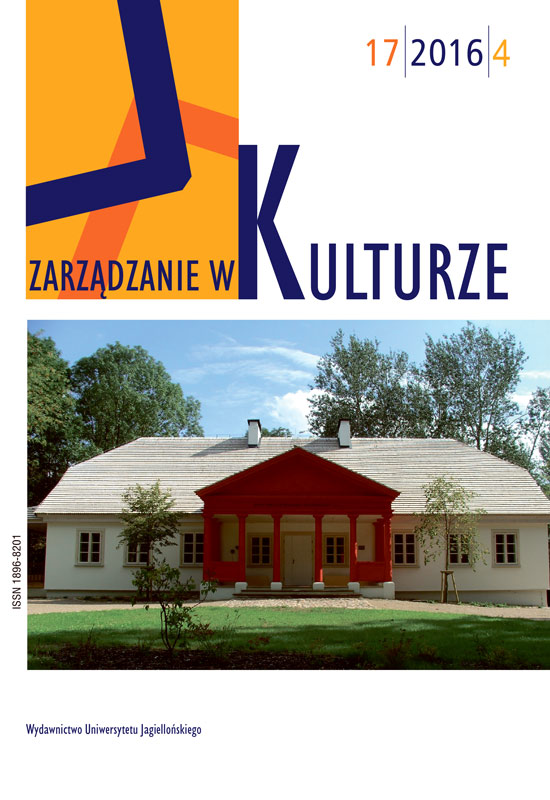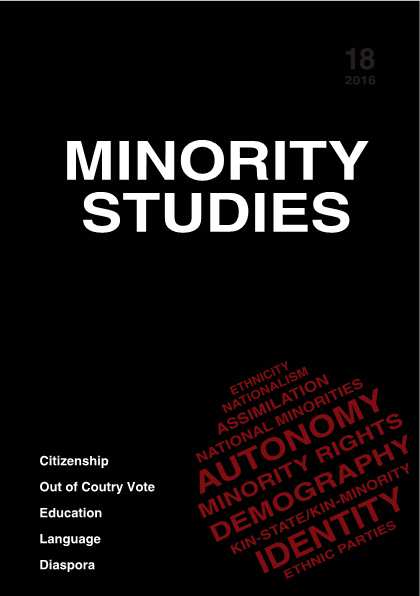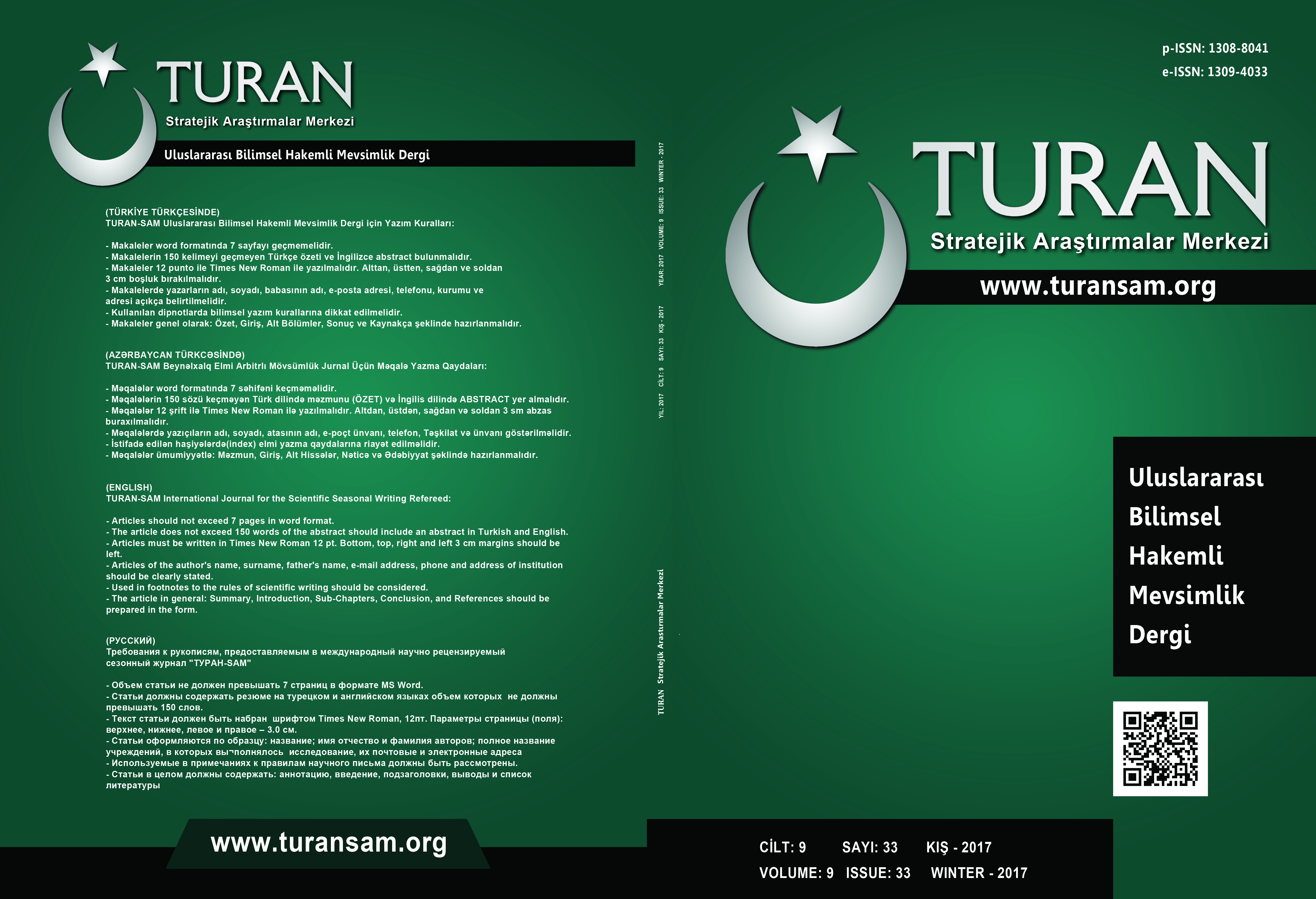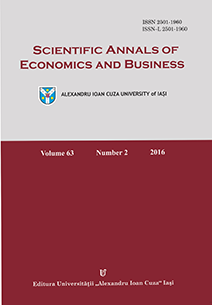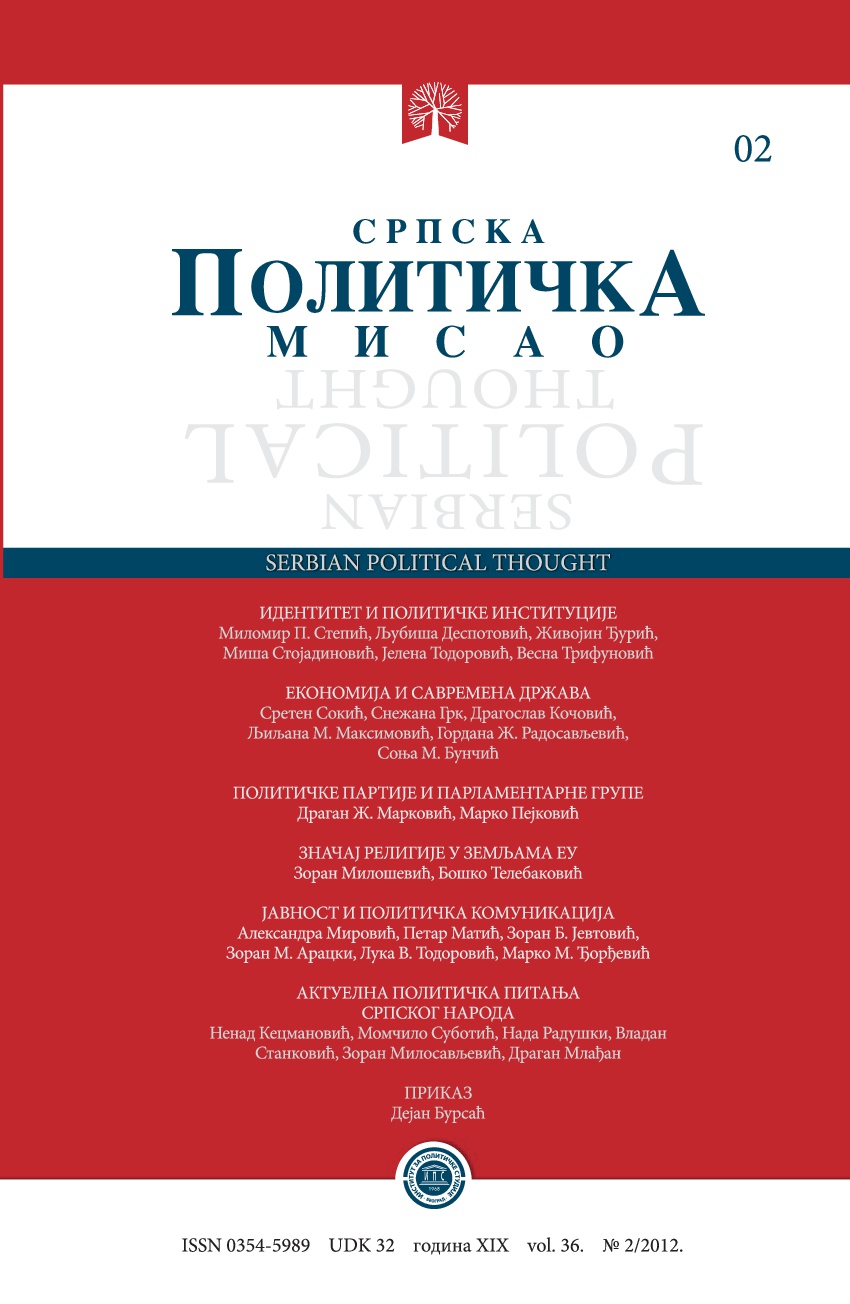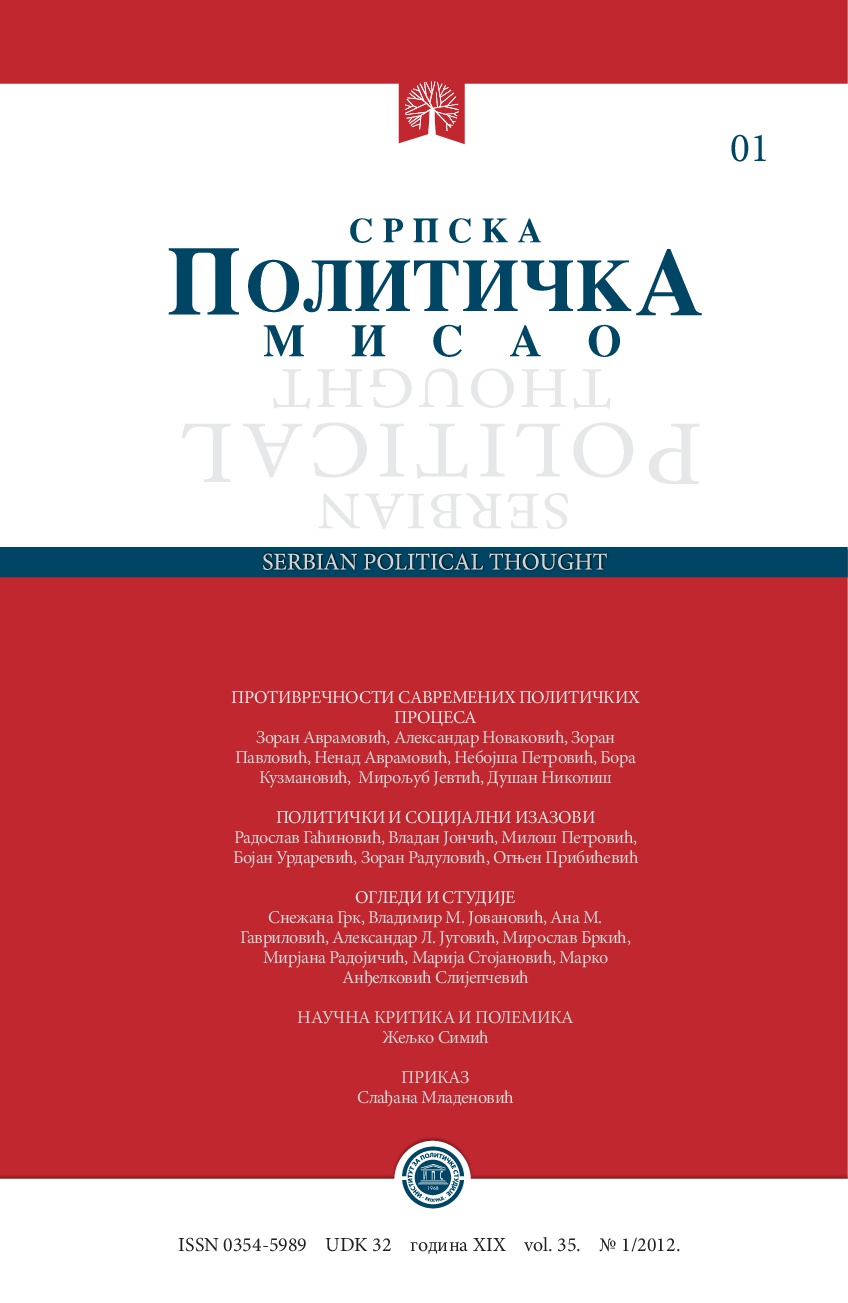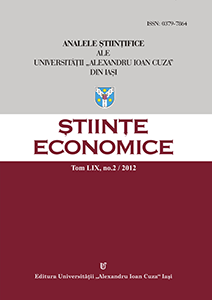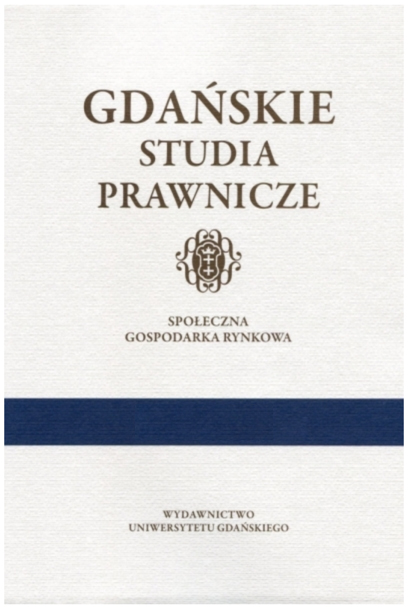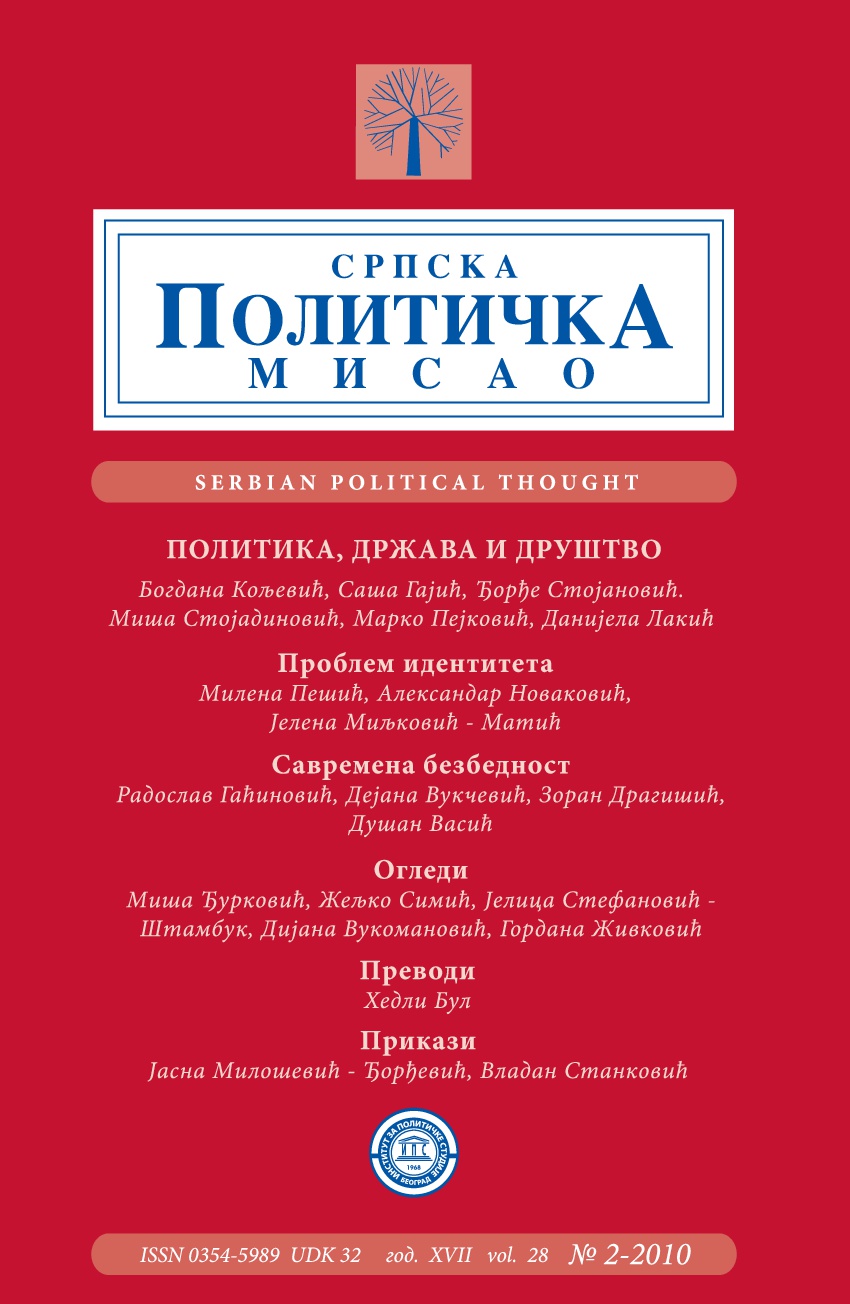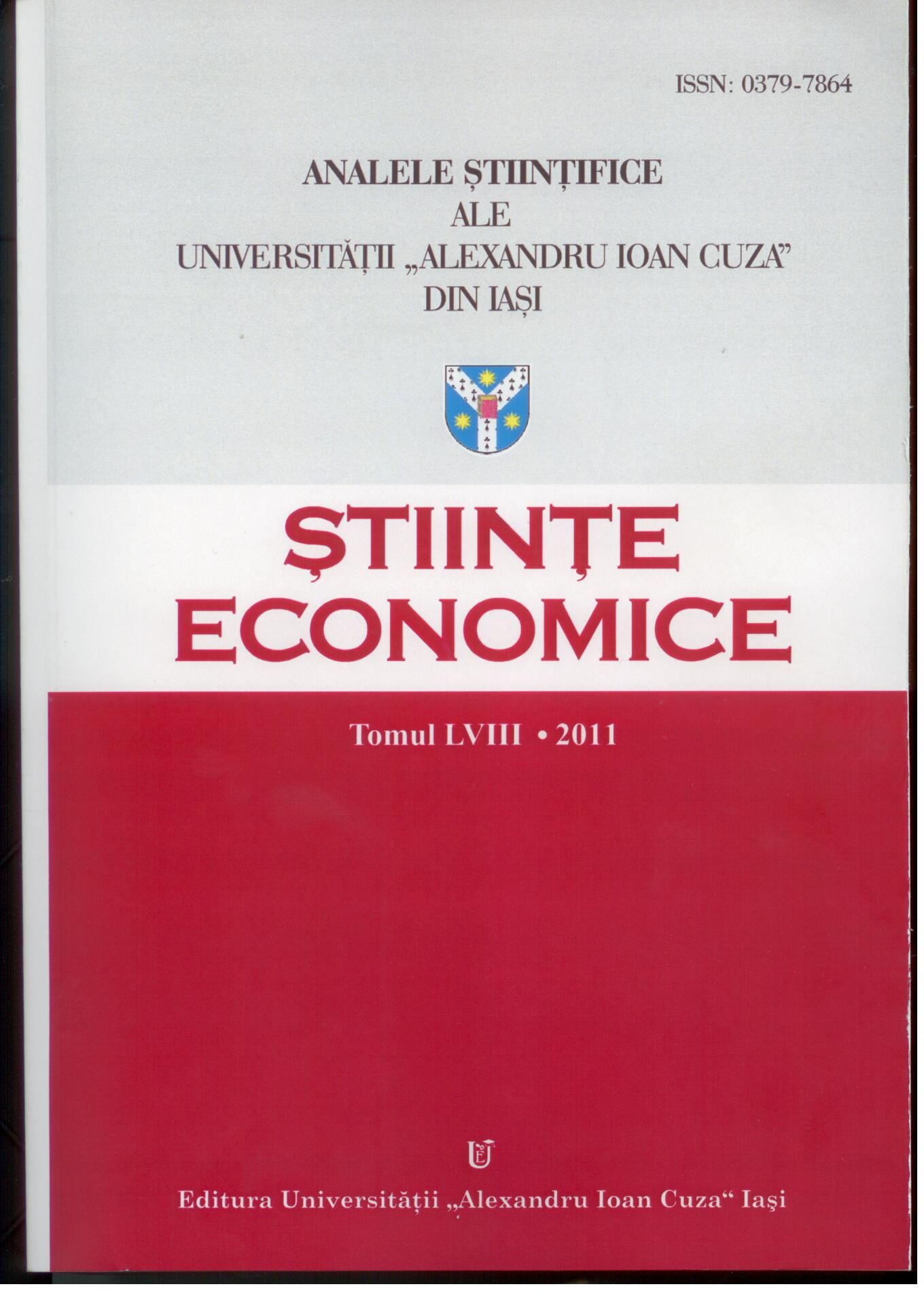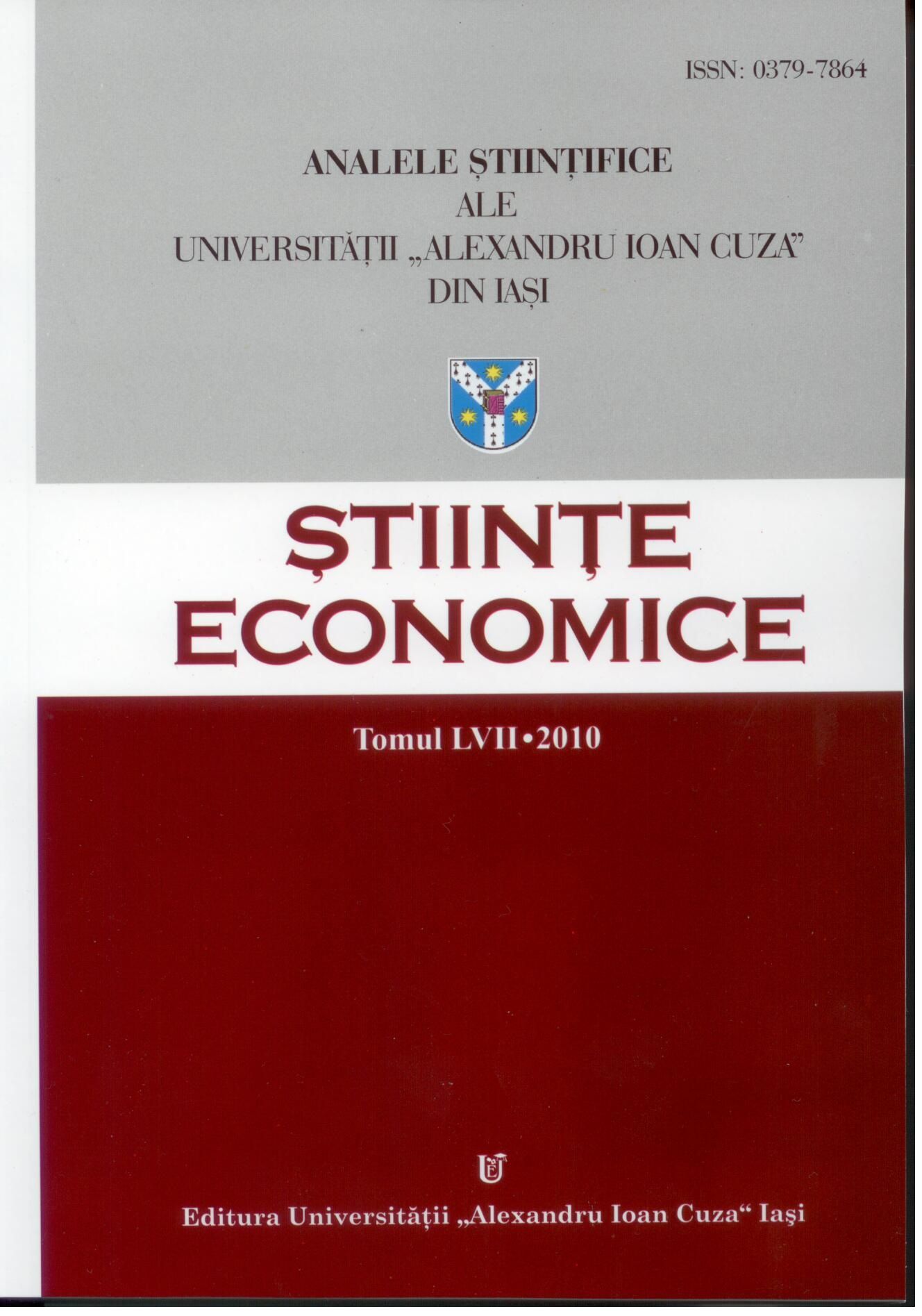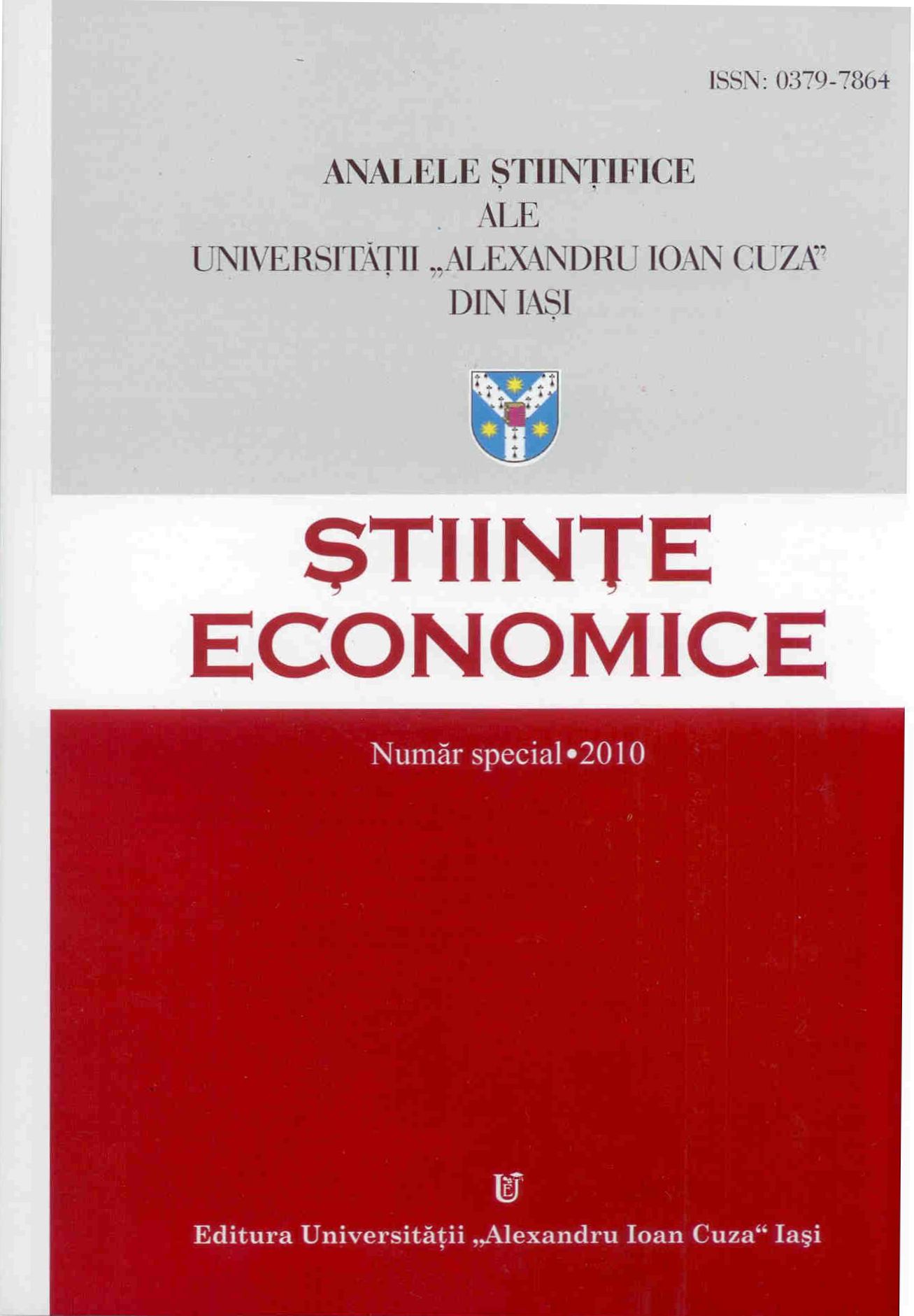Author(s): Raimonda Tamoševičienė,Audronė Rimkevičienė / Language(s): Lithuanian
Issue: 2/2011
In today‘s business world one of the main requirements for the professional competence of the specialist is the rational and productive use of work time, the ability to manage both your personal and work time properly. The individual time management technology is based on the rational life organization and life time regulation methods, combined with the social environment requirements. The time and work time concept, time management and planning methods/means, time management techniques are reviewed in the article. The research of the supreme and higher level heads‘ attitudes towards time management and time management techniques use in work, done in March – April, 2010, is presented in budgetary and business organizations of Siauliai. The data was compiled using anonymous questionnaire (structured interview). Questionnaire content was consisted of questions about work time management, time management techniques, their notoriety, frequency of use and conditions how to use. The heads of the supreme and middle levels of 213 Šiauliai budgetary and business organizations is the sample of the research. About two-thirds subjects of the sample represented state and local institutions and about one-third - business companies. Two-thirds men and one-third women participated in the research. Almost half of respondents never participated in time management training. Once almost one-third respondents participated in time management training. Nearly three quarters of these represent Siauliai budgetary organizations. The heads who participated in training twice one-third of these represent budgetary organizations. The vast majority of respondents value well their skills of the work time management, slightly less than one-third – satisfactory. None of the respondents their work time management skills do not value badly. The vast majority of respondents know and actively use their self – made method. It can be stated that the most famous, but not used of the respondents in their work activity, are “Eisenhower“ matrix and “Buffer“ principle. The Alps method and ABC analysis are known least. The provision not to use and not to plan how to use, even he knows the technique or method, most it reveals assessing Pareto 80/20 time planning principle, ABC analysis, Workday photography, Personal work curve method. The vast majority of respondents refer their time planning habits and personal experience constantly. According to these data, it can be stated that the heads of supreme and middle levels budgetary and business organizations generally follow the already well-established work time skills and their provision to use science and training material is not strong, even they participate in time management trainings willingly. It is possible to make conclusions that rational work time planning and organization is one of the managerial functions delegated by the head of the state (in budgetary organization), the owner (in business company) or a higher hierarchical level of management. Time management is very closely related with human activity in time management process. Various time management strategies are used successfully and actively, time management techniques and methods permit to use work time effectively, to improve activity results in general, not to waste a work time, to feel moral satisfaction and psychological comfort.
More...


